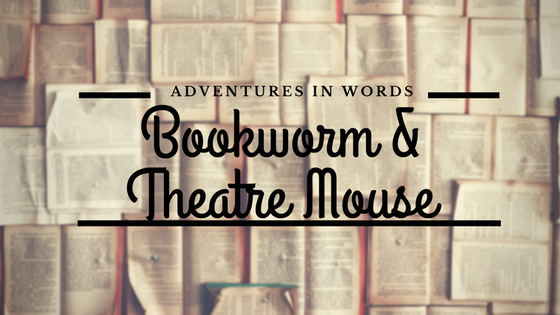So, I am probably as surprised as you that I am a H G Wells fan. However, ever since I read ‘War of the Worlds‘, I have continued to enjoy his books.
The book that helped me to the end of 2022, and to reach my reading goal (with mere hours to spare), was ‘The Time Machine’. Another fantastic novella that was ahead of its time.
The unnamed narrator takes us on his journey into the future, where he discovers what appears to be a peaceful and idyllic world. However, he soon discovers that deep below the surface is a race that is ready to destroy such a world.
For a book that was published in 1895, it was clearly very ahead of its time. However, I think it is probably more startling that, in some ways, the warnings in this book are just as important now as they were over 100 years ago.
There is so much to unpick here; the desire for mankind to have the ability to act almost God-like as they develop their understanding of science, for one. But, also, how easy it might be for the divide between the light and the dark to become so extreme that it will become even more dangerous than we all already know it is.
I am definitely going to continue to read the books of H G Wells, because I just find them fascinating, especially as they all seem to be so relevant today, despite their age.
Have you ever been surprised by any of the classics?
